Source: SCMP (11/27/18)
Filmmaker who revealed horrors of Mao’s Chinese gulags talks about exposing the hidden China
Wang Bing says he doesn’t think about whether his films will foster social change, but is happy to ‘plant the seeds’ in Chinese audience members. Making documentaries with a small crew has allowed him to stay under the radar of Chinese authorities in a way feature-film makers can’t
By James Richard Havis
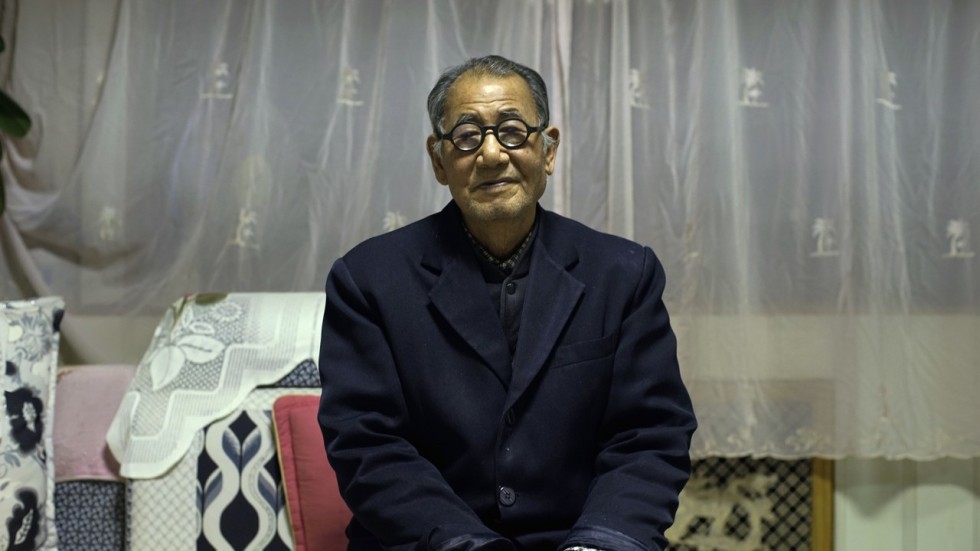
Qi Luji in a still from documentarian Wang Bing’s latest film, Dead Souls, about a labour camp in the Gobi Desert, most of whose inmates starved to death in China’s Great Famine between 1958 and 1960. The eight-hour film was screened at this year’s Cannes festival.
Capturing life as it happens, and recording life as it happened, could be the twin mantras of Chinese documentary filmmaker Wang Bing. Since his epic nine-hour 2002 documentary Tie Xi Qu: West of the Tracks, which followed the lives of workers in the decaying state-run factories of China’s rust belt northeast, 51-year-old Wang has become one of China’s most important filmmakers, and earned an international reputation.
Wang, whose films are not screened in China because of their controversial political and social subject matter, was recently the subject of an all-encompassing retrospective in New York, hosted by three prestigious venues and institutions: The Metrograph, which screened a six-film selection of his work; the Film Society of Lincoln Centre, which screened West of the Tracks in three parts; and the Asia Society. The event was put together by the Beijing Contemporary Art Foundation.
[Wang Bing stuns Cannes with documentary revealing horrors of Mao’s gulags]
His camera probes far and wide, covering a range of issues, historical and social. He films his subjects over a long period of time, capturing the minutiae of their daily existence – their conversations, their family relationships, their mealtime habits, their daily work, and their friendships. What emerges is a substantial portrait of his subjects’ hopes, fears, problems, and, inevitably, their overarching relationship with the state.
Wang says he has no agenda, and simply films subjects that interest him – for instance, Three Sisters, which documents the lives of three children who have been left to fend for themselves since their parents left their village to find work, came about after a chance meeting. But he notes that the aim of his work is to record the bits of Chinese life that exist below the radar of most media, and to document historical events that have been expunged from the record by the government.
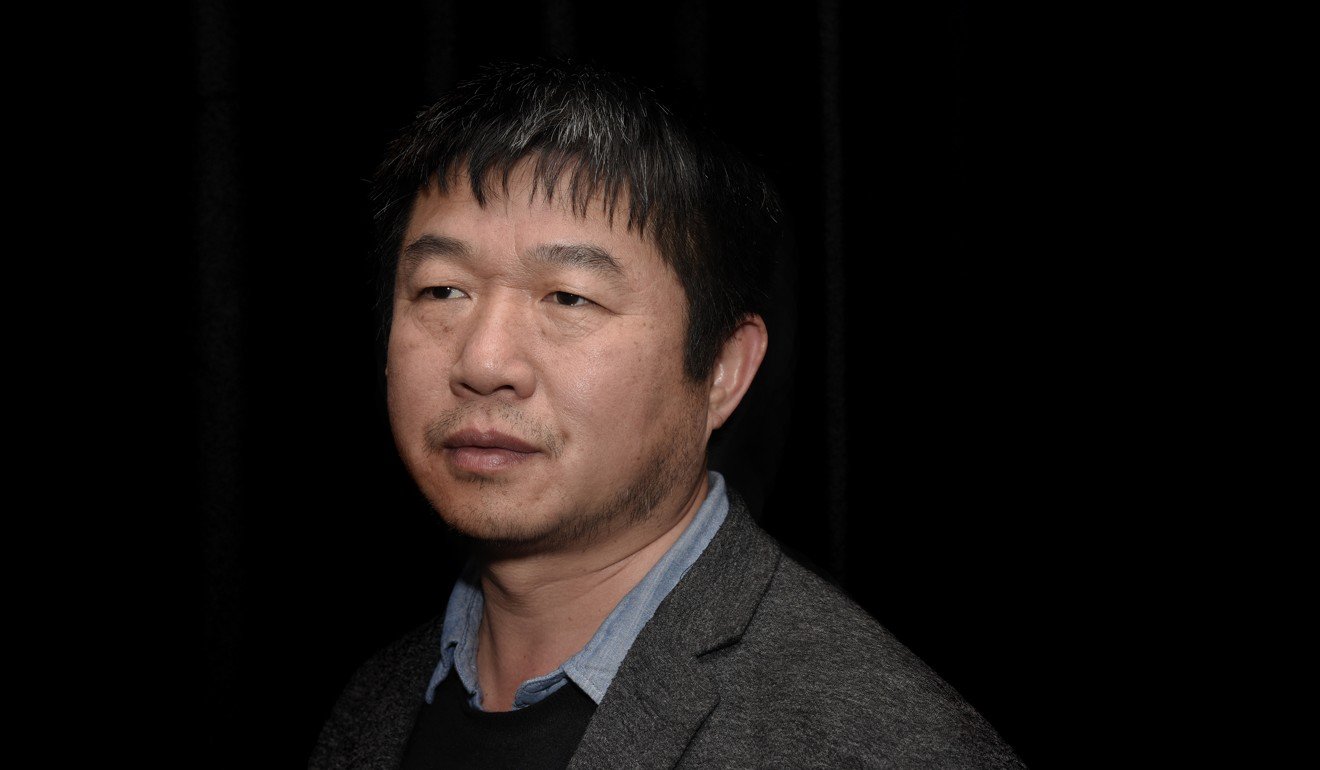
Chinese documentary filmmaker Wang Bing. Photo: Julie Cunnah.
Wang also made his only feature film, The Ditch, as well as He Fengming, a 2006 documentary, about Jiabiangou. ’Til Madness Do Us Part is a bleak, challenging documentary about life in a grim mental asylum in southwest China – the only respite comes when an inmate is suddenly released – while Ta’ang details the forced migration of the Ta’ang ethnic minority who live along the border between Myanmar and China.
“The most important thing is that future generations, and society as a whole, have enough material, enough information, to find out what really happened in the past,” Wang tells the Post in an interview in New York. The fact that most people in China are not able to see his films – although some have been available in pirated form – does not concern him unduly.
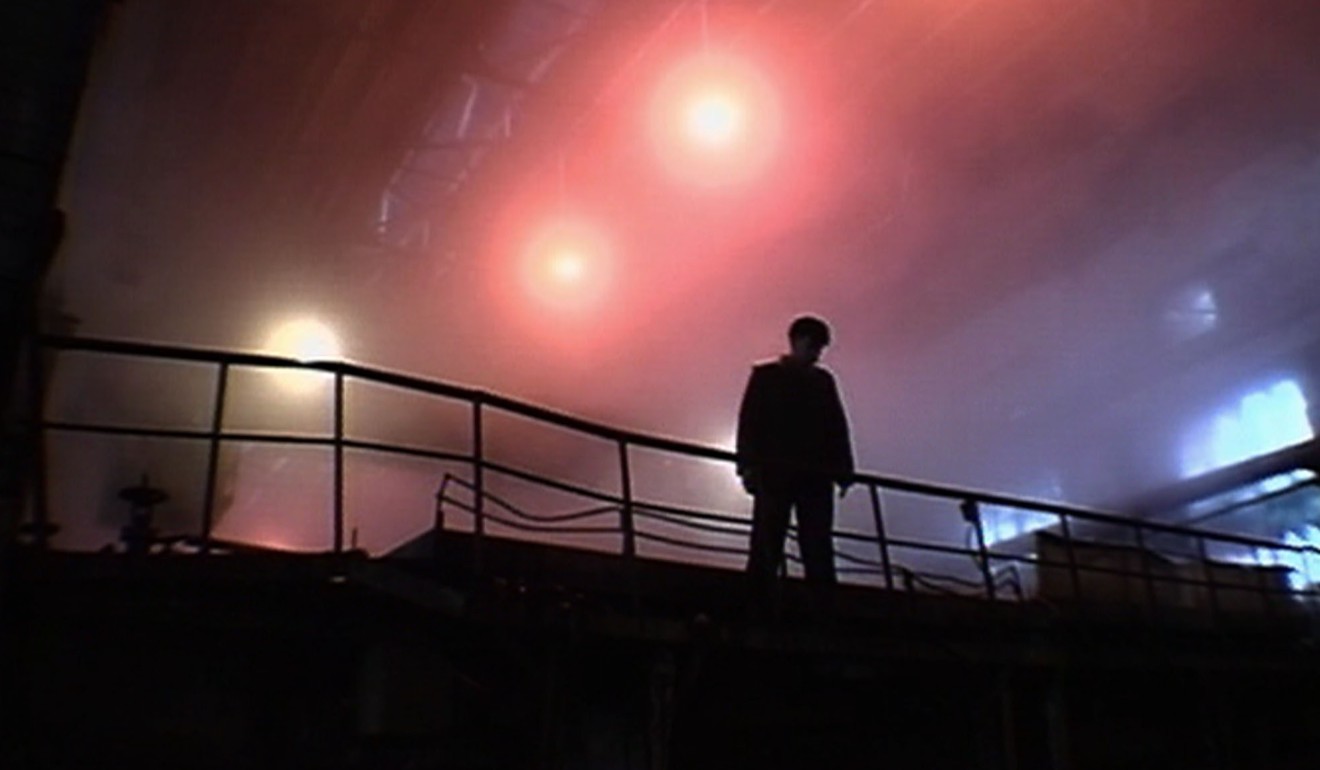
A scene from Wang Bing’s documentary West of the Tracks. Photo: courtesy of Documentary Educational Resources
“I don’t consider whether the films will serve certain functions when I’m making them, so I don’t think about whether my films will foster a change in society. It’s hard for us to imagine what the future will bring, and history as a force will sometimes behave or unfold in a way that is unexpected and unpredictable. The most important thing is that I am making the film that I want to make, and telling a story that I think needs to be told,” he says.
The questions the director was asked by students from China during talks after the New York screenings – around half of the audience at some screenings consisted of Chinese students – indicated that those who see his films while studying abroad find them enlightening. Some were angry that the subjects Wang documents had been hidden from them by the authorities.
How does he feel about that? “I use the metaphor that you just plant the seeds and don’t think about how things will turn out. But the impact is there. It’s a ripple effect,” he says.
All documentary-film makers must be investigative journalists in part, and Wang is certainly that. What’s intriguing is that he is also a self-confessed aesthete and an experimental filmmaker – he has an academic interest in exploring what the art of cinema is, and what can be done to expand it.
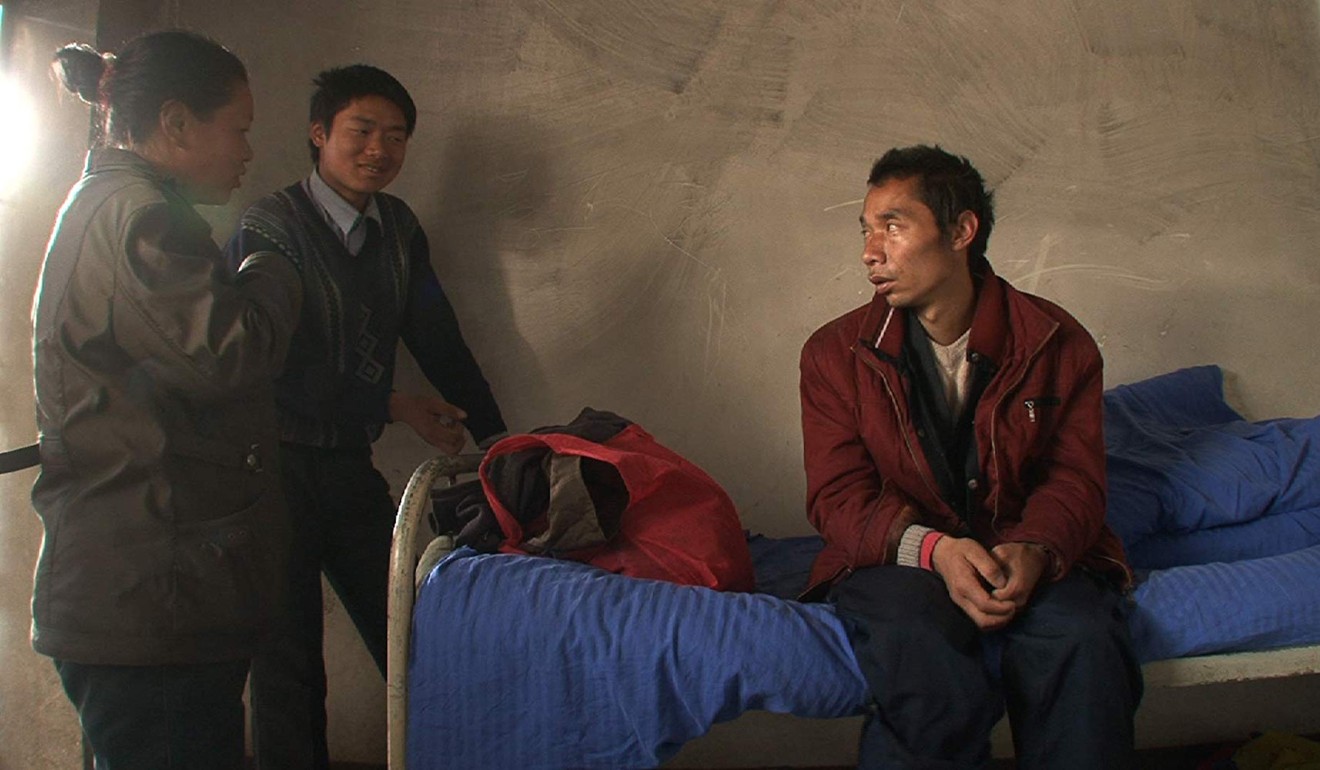
A still from Wang Bing’s ’Til Madness Do Us Part. Photo: Icarus Films
The roots of his creativity are varied. Born in Xian, western China, Wang started working in a construction design studio when he was 14 – his father was a civil engineer who was killed in gas poisoning accident – where he learned about architecture, something which sparked an interest in the arts. He went on to study photography at the Lu Xun Academy of Fine Arts in Shenyang, northeast China, quite a prestigious institution. This led to further studies in cinematography at the Beijing Film Academy.
He says he watched many films of all types at the academy, and still thinks it’s important to watch the works of others. Cinema, which is only just over a century old, is a somewhat immature medium compared to fine art, he thinks, and Chinese cinema has been especially constrained since 1949.
“It’s very important for filmmakers to try and change the attitude of viewers toward film, and to change their perception of what cinema is,” he says. “We should not only care about the characters, the subjects, and the narrative of the story. We should also take note of the aesthetics – we should offer the audience as many options, as many alternatives, as many possibilities of cinema as we can.”
[Filmmaking course helps Tibet nomad send environmental message]
His view in part results from his belief that Chinese cinema since 1949 has been heavily influenced by the Russian socialist-realist model, in terms of both style and theory. (Wang does not agree, for instance, that China’s so-called Fifth Generation filmmakers attempted to break free from that model in terms of style and content.)
“The Chinese studio system is simply about manufacturing propaganda,” Wang says. “It is crucial, especially in the context of China, to tell audiences that film culture is not limited to that kind of propaganda, to that kind of political film. There many ways to present films, many ways to make films, and many different possibilities to explore within cinematic culture. We should make the audience aware of that.”
Documentaries, Wang notes, are low-key projects which can be shot alone, or with a crew of two or three, and that’s meant he’s been able to carry out filming without interference from the authorities so far. Although feature films are heavily regulated by the authorities starting from the script stage, documentaries are not, so they exist under the radar.
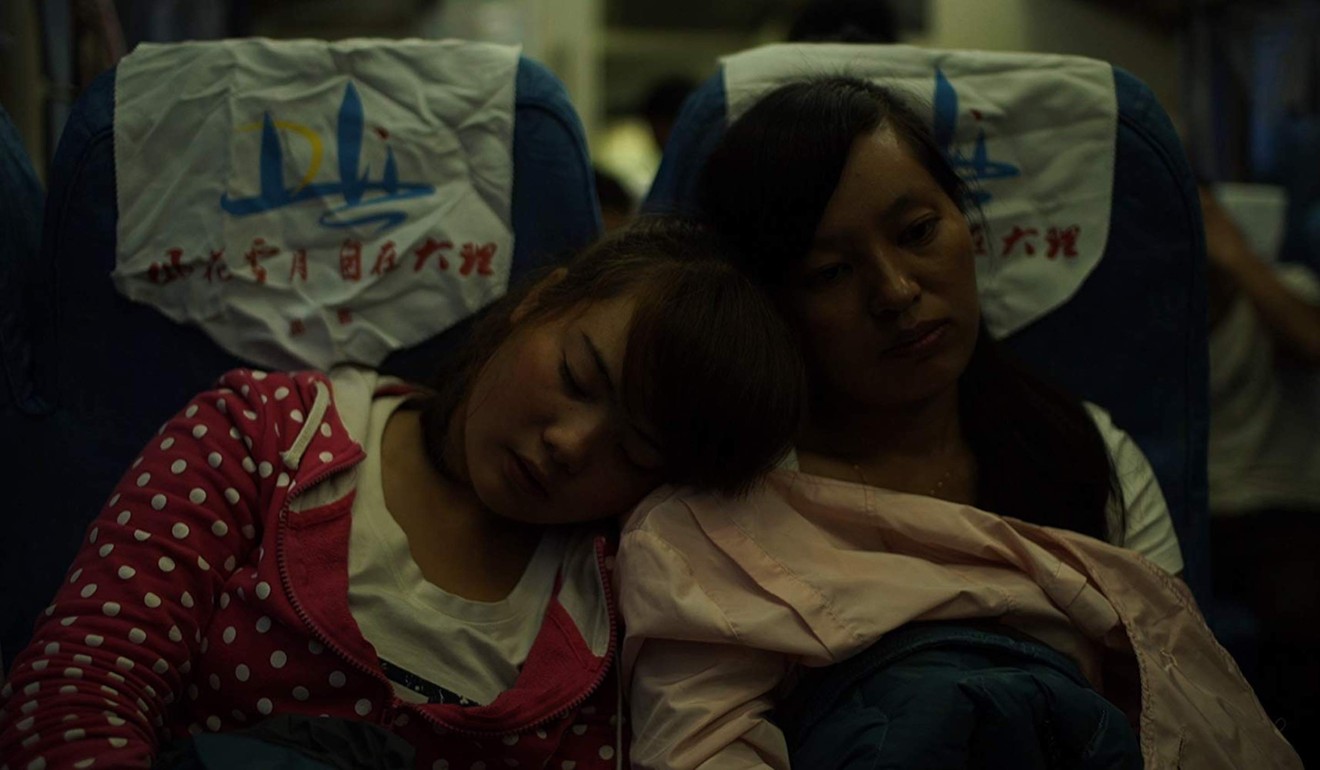
A still from Wang Bing’s Bitter Money. Photo: Icarus Films
But China’s increasing censorship of the media, including its recent focus on digital media, may change all that. Wang does not want to comment on this issue, but he will say that he won’t be making any more feature films, only documentaries, and besides, he is currently focusing his energy on his teaching position in France.
“In China, it would be challenging for me to make a feature film about a politically sensitive period. Plus, it’s more difficult to make feature films, as there are more people involved, and you need more resources to support the filmmaking process than if you’re making a documentary. The more people you bring in, the more limitations the authorities will impose on you. So I decided not to make any more fictional films,” he says.
“There were restrictions and limitations placed on me due to the policy on films when I made my feature film, so I went straight back to documentary-film making afterwards. That’s what I’m going to stick with.”
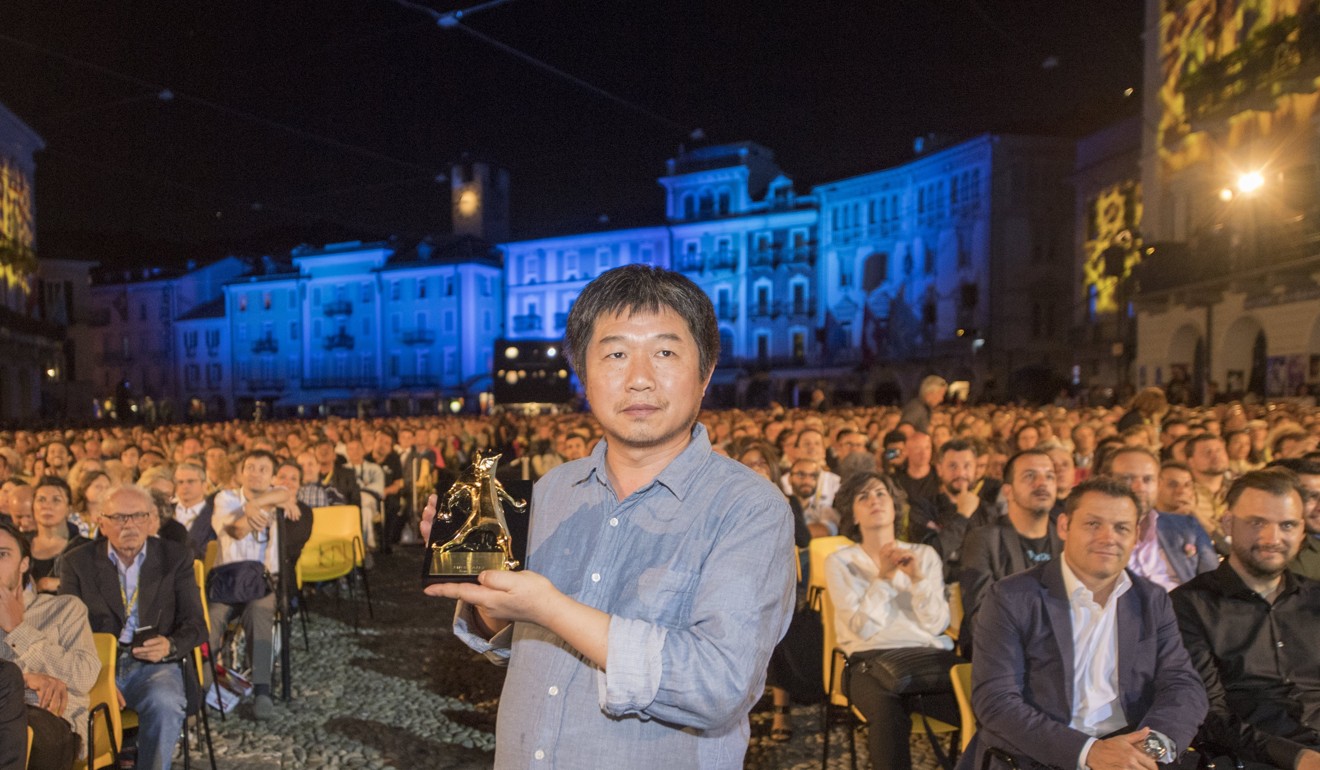
Wang Bing poses with the Golden Leopard for best film, for his work Mrs. Fang, on the Piazza Grande at the 70th Locarno International Film Festival in Locarno, Switzerland, in 2017. Photo: EPA